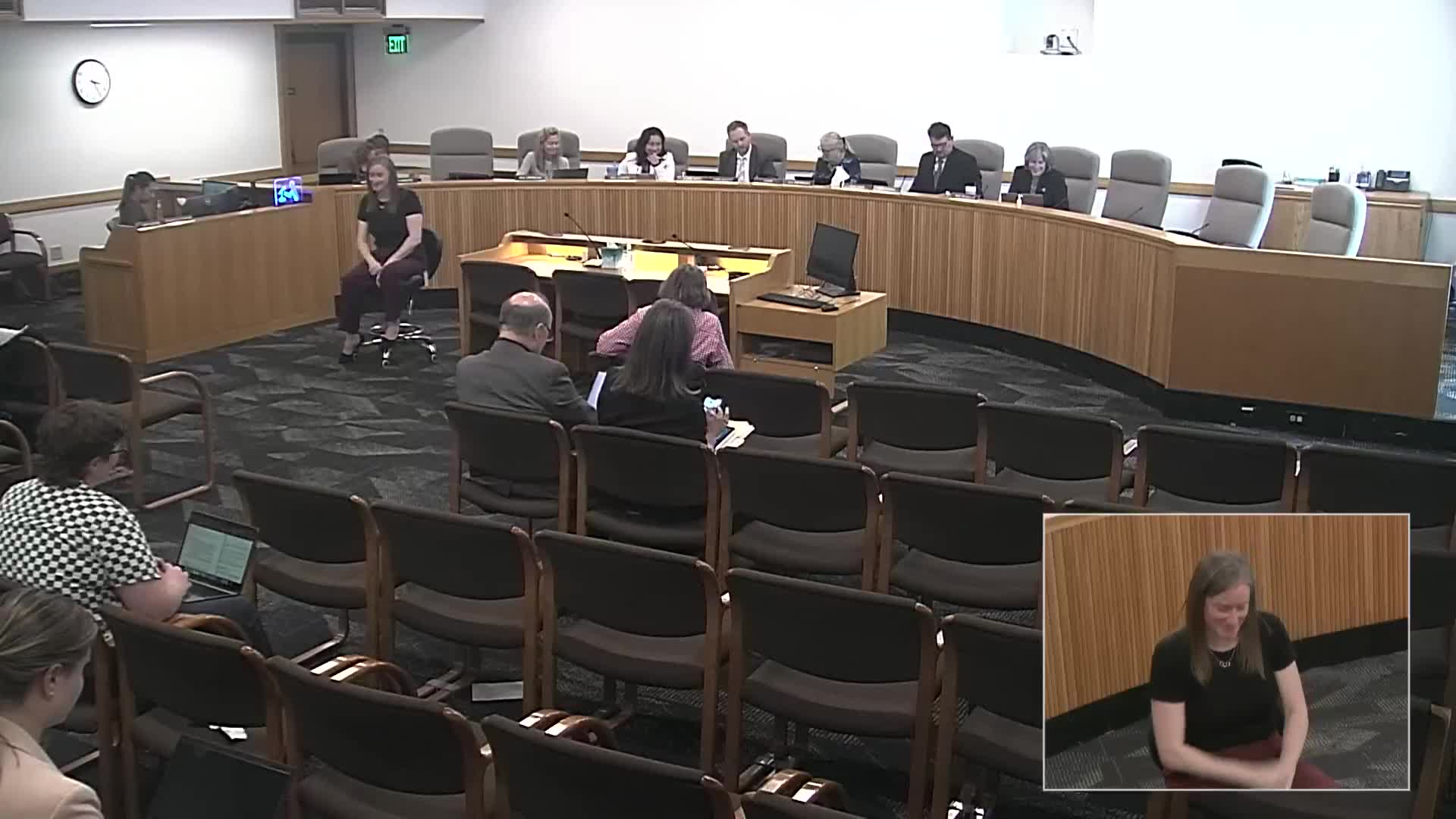Article not found
This article is no longer available. But don't worry—we've gathered other articles that discuss the same topic.
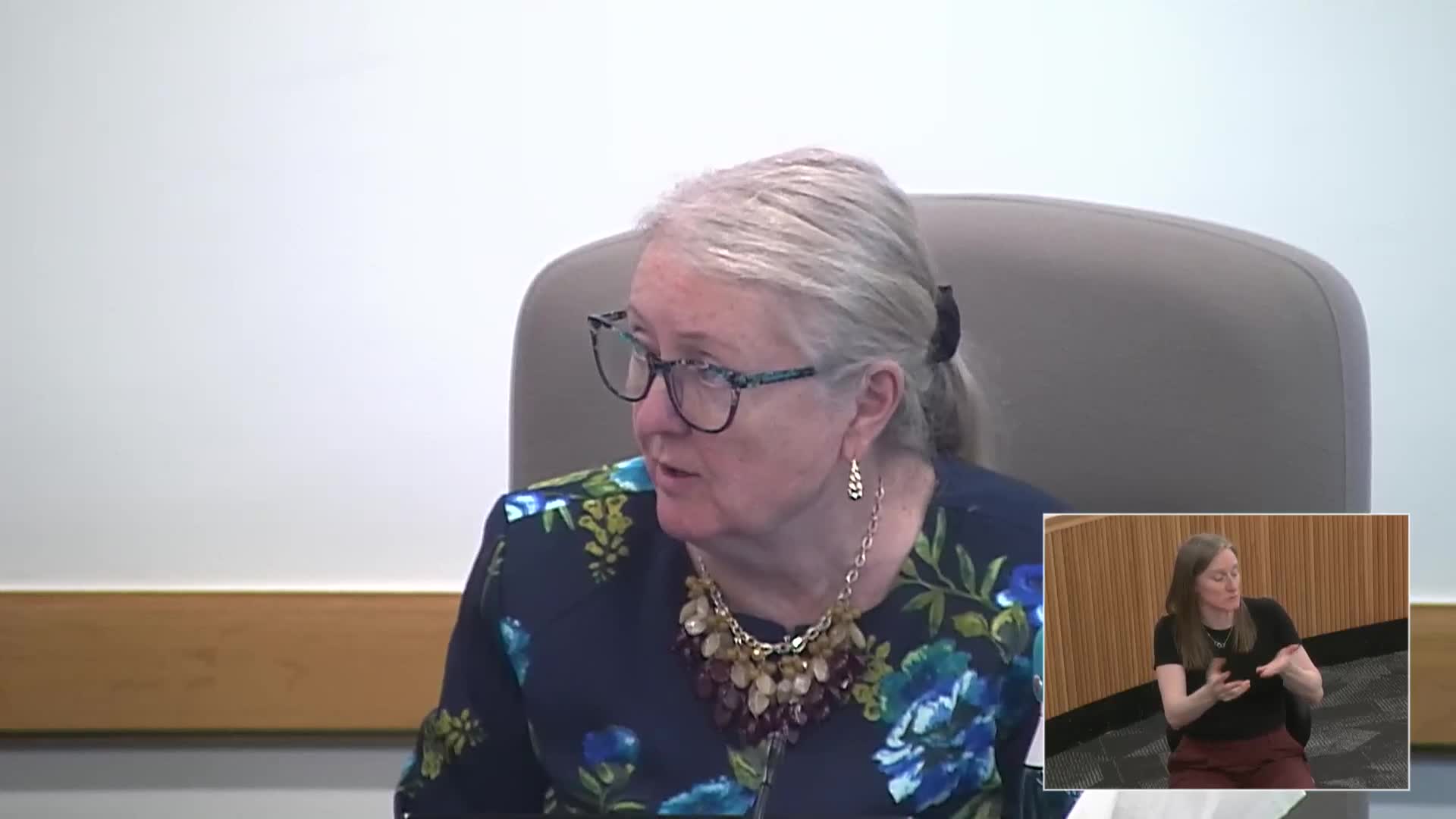
Committee advances bill to let counseling board schedule and remove certain discipline records after 3 or 5 years
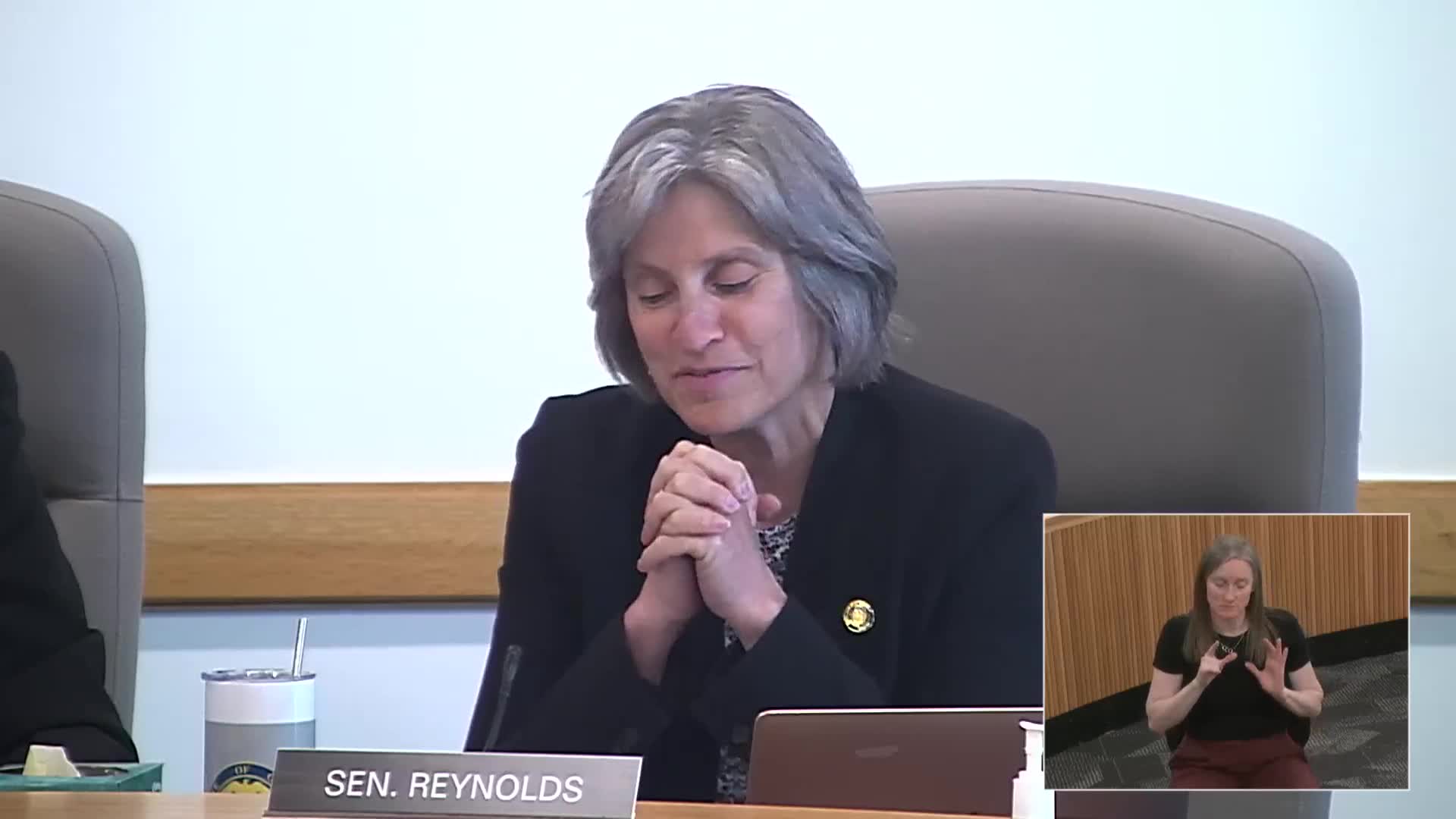
Committee narrows bill banning nonhuman use of nursing titles to specific licensed roles
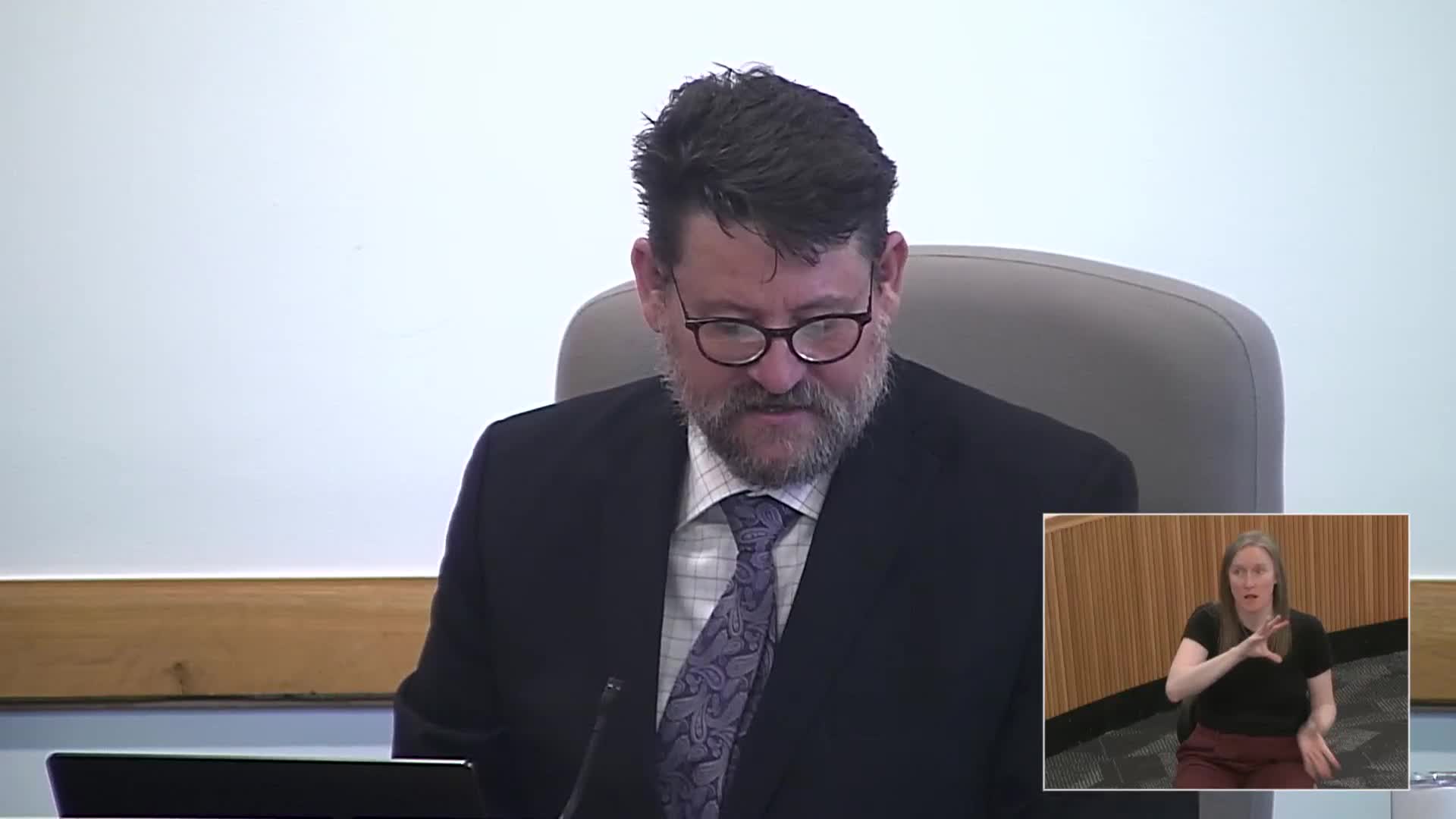
Senate committee approves later start date for mandatory electronic death certificate filing
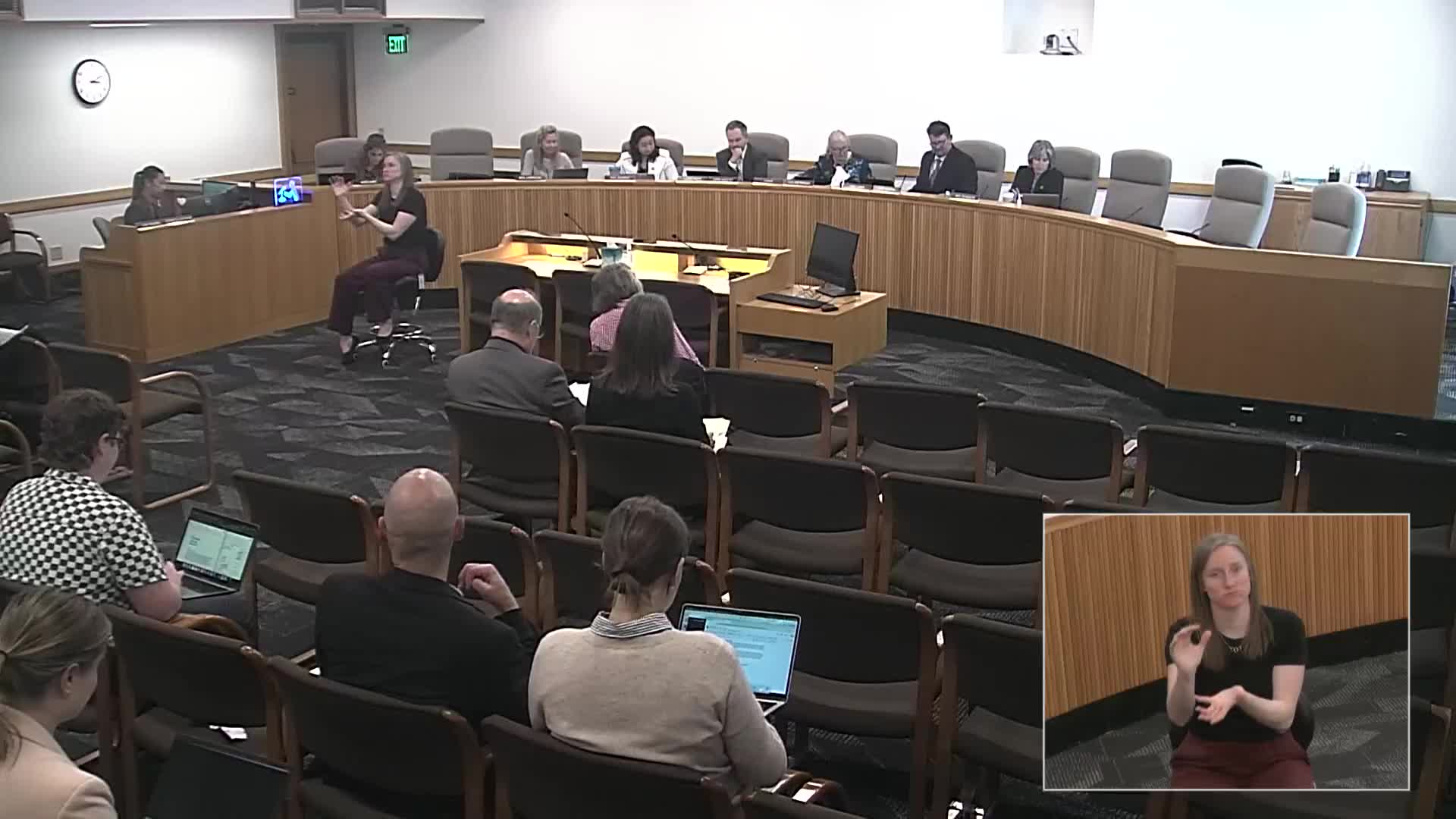
Committee advances bill limiting PBM modifiers for 340B claims after debate over clearinghouses
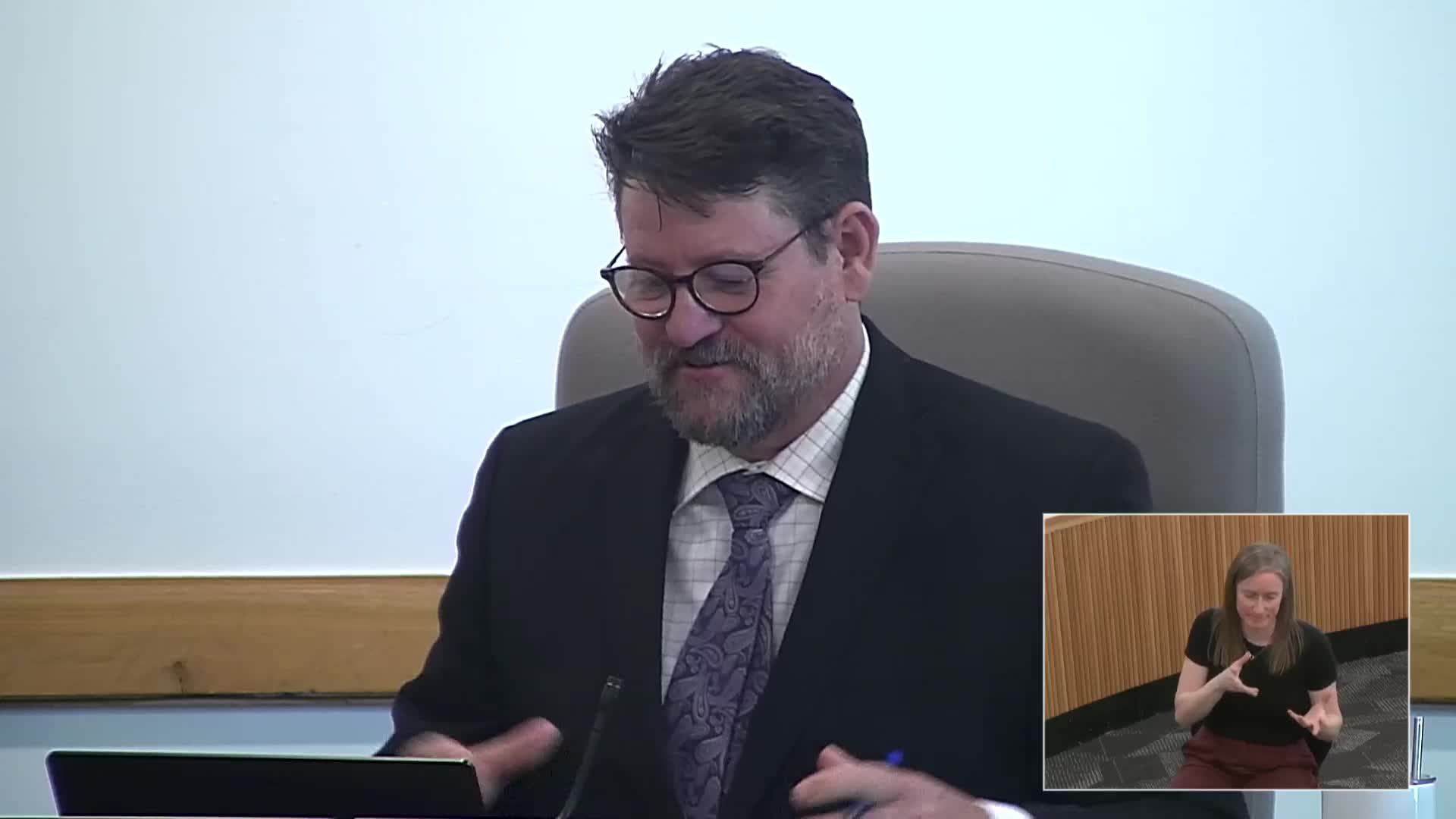
Senate committee adopts narrower amendment on physical therapy scope changes after stakeholder talks
